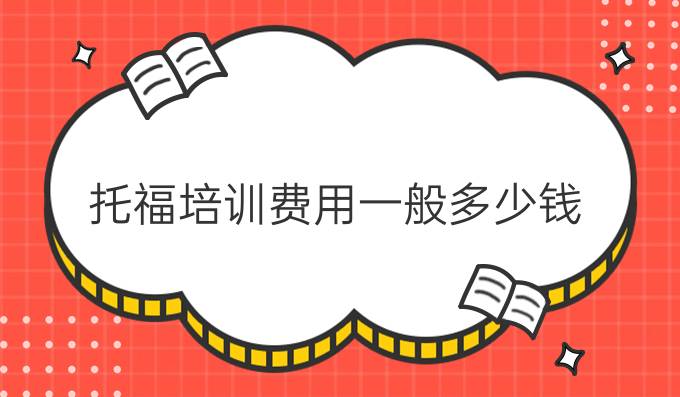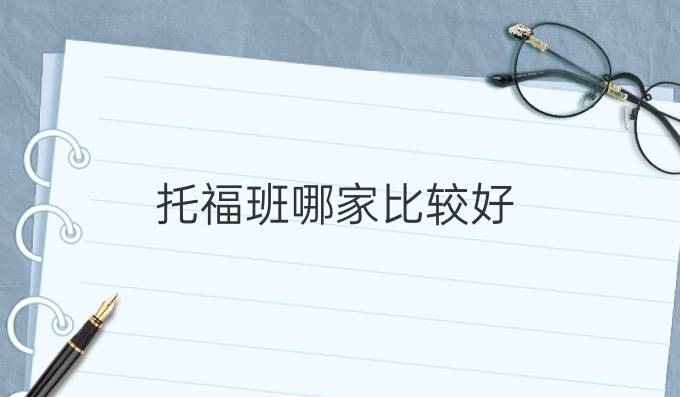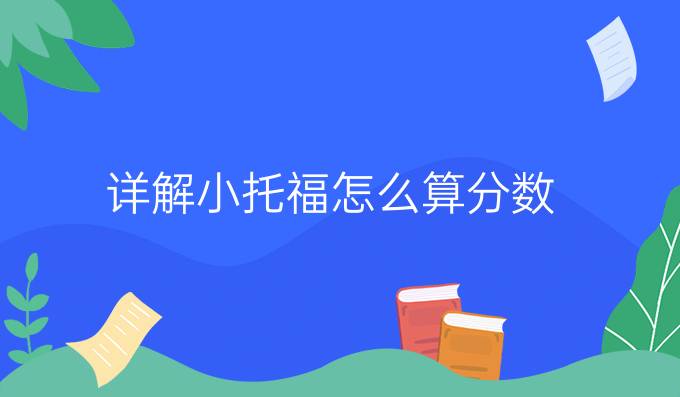今天,要和大家分享的是2019年12月8日朗阁托福口语考题题库,快来就来看一看这些整理好的内容吧!
*套:
题号 | 内容 | |
Question 1 | Do you agree or disagree with the following statement? Gifts that people make by themselves are more meaningful than those bought in the stores. | |
Question 2 | Reading part | Listening part |
【学校公告】 The university launches a Clean Campus program, an announcement to call students to participate in and clean the campus by groups. After the activity, there will be a social dinner. | 【学生态度】 The man holds a positive idea. 1. The activity can not only make the campus clean but also draw the students' environmental awareness. 2. The following dinner is super cool, which can attract more volunteers, and they can socialize and enjoy the food and music. | |
Question: Explain the man’s opinion and why he holds that opinion. | ||
Question 3 | Reading part | Listening part |
【名词解释】 emotion display(情绪表达规则): It means the expression of emotion depends on the society in which we are live in. | 【教授举例】 The professor uses an example of his 4-year-old daughter. She had a birthday party. Prior to the party, parents told her that she should hide her negative emotion when she did not like the gift received. Her grandmother gave her cute clothes as a gift. But the girl did not like it and felt disappointed. Before her negative emotion became too obvious, her mother said the clothes were very cute. The girl suddenly realized that she should say thank you to grandmother and she did that. | |
Question: 用听力的例子来解释对这个概念的理解。 | ||
Question 4 | 【讲课要点】 People like hiking, walking around or viewing scenery in forests and create paths. However, these actions may affect plants and animals. There are two ways to protect the natural environment from disturbance while allowing tourists to visit the nature. 1. Separating human from the environment by building trails; tourists are only allowed to walk along the trails; 2. Limiting the size of the visiting group and restrict number of tourists per day. Only small groups with a guide are allowed. For example, assign a tour guide for a small group of tourists to reduce the impact on the environment. | |
第二套:
题号 | 内容 | |
Question 1 | Some people prefer to travel by car, while others prefer to travel by public transportation such as bus. Which do you prefer and why? Use specific reasons and examples to support your response. | |
Question 2 | Reading part | Listening part |
【学生倡议】 The university will prohibit riding bicycles on campus next semester: 1. Because there could be accidents; 2. Instead, the school would provide free bus service. | 【学生态度】 The woman disagrees with the policy. 1. Accidents happen at night. 2. It’ll be inconvenient if students don’t ride bicycles, plus free buses are not convenient. | |
Question: Explain the woman’s opinion and why she holds that opinion. | ||
Question 3 | Reading part | Listening part |
【名词解释】 Short-term memory: a temporary storage of information. 1. decay (not being used) 2. interference (new information) | 【教授举例】 For example, you are out with your classmate and you want to dial someone’s cell phone’s number which you don’t know. So you ask you classmate and call your friend. But after two hours when your friend are not with you, since the number has not been used after that, you couldn’t remember and recall the number again because it has faded away. That’s decay. The professor uses his own experience to illustrate interference. He went to the bookstore and made a list of the books he wanted, but he forgot to take it with him and left it in his car, but he thought he could remind himself of the books listed. However, when he ran into his friend in the bookstore and talked for a while, all he could remember is the book his friend mentioned that was quite interesting. The new information interfered with the original one. That’s interference. | |
Question: 用听力的例子来解释对这个概念的理解。 | ||
Question 4 | 【讲课要点】 Two types of animal groups that gather together for the purpose of protection
The first one is complex group in which there are a lot of social interactions among group members. For example, a group of elephants, if an elephant gets injured, other elephants will take care of him, give him food and water, and nurse him to help him heal and recover.
The second one is simple group in which there tend to be little interactions. For example, a group of fish, even though they gather together for protection, they don’t really know each other. One fish even couldn’t recognize the fish that is next to him. They don’t interact with each other. | |












